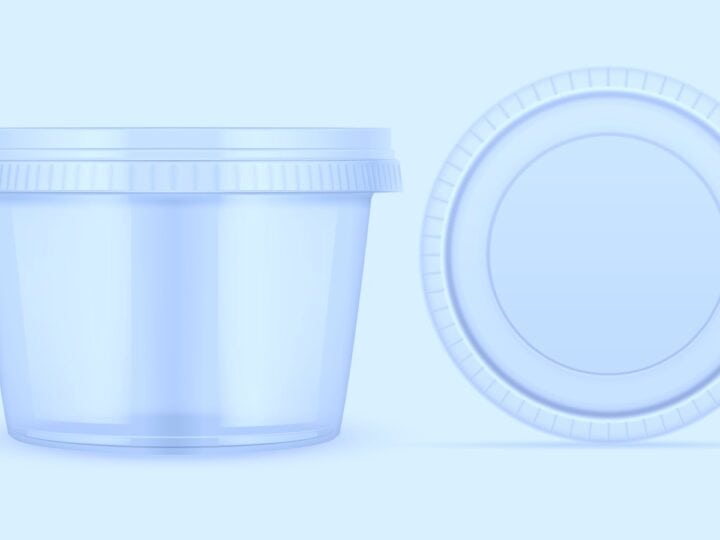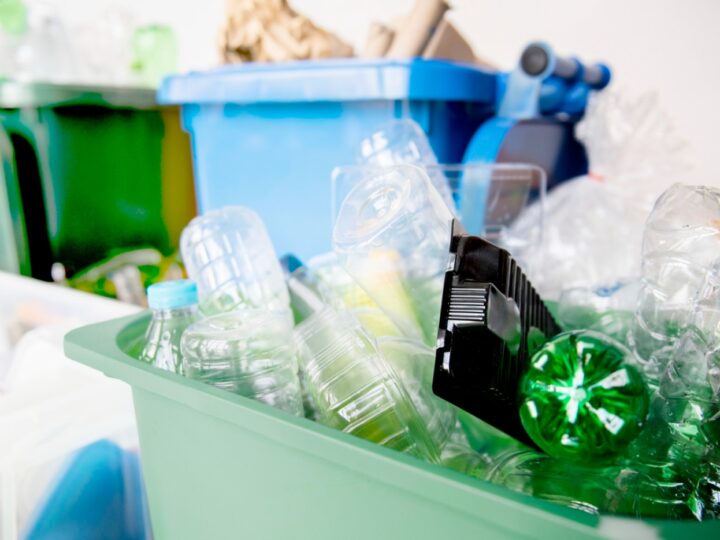In honor of the global Plastic Free July movement, ISRAEL21c asked for some pointers from Rachel Smith-Savaya of Israeli environmental watchdog organization Adam Teva V’Din – Israel Union for Environmental Defense.
“The issue with plastic is that it doesn’t go away,” Smith-Savaya says. “There is really no such thing as ‘disposable.’ It’s single-use plastic, and it remains in landfills, contributing to greenhouse gas emissions and posing dangers to wildlife and marine life.”
And to human life, too. Recent studies show that people ingest an alarming amount of microplastics. These plastic particles and microscopic fibers found in soil, food products and water bottles, among other places, have a severe impact on our health.

“The best news is that it’s reversible if we cut plastics from our lives,” says Smith-Savaya, “but so much of what we use in daily life is plastic so realistically the best we can do is reduce and reuse.”
Israeli environmentalists are concerned that while an average person produces 1.8 kilos of waste daily, in Israel 18 percent of that waste is plastic, more than in the United States and Europe.
“This is an issue we need to work on,” she says.
Here are some practical steps we can all take.
-
Avoid single-use plastic as much as possible
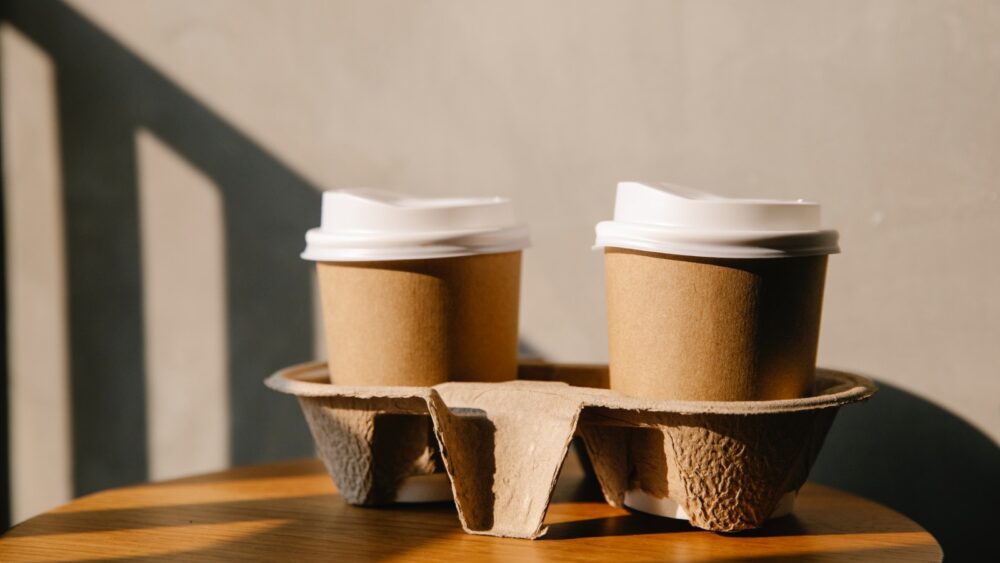
Use a refillable water bottle and take a reusable coffee cup when you go to buy your morning brew. Some coffeeshops even give a discount when you bring your own cup.
If you have the time, you could turn this into a relaxing moment by choosing a mug instead of a covered thermal cup, and sit in the shop while you drink.
-
Be aware and prepared
Meeting friends for a picnic? Ask everyone to bring their own reusable plate, cup and utensils. That way, nobody is burdened with bringing all the dishware and it’s easy for each person to carry home and wash their utensils. Do the same in your work environment.
-
Bring reusable market bags
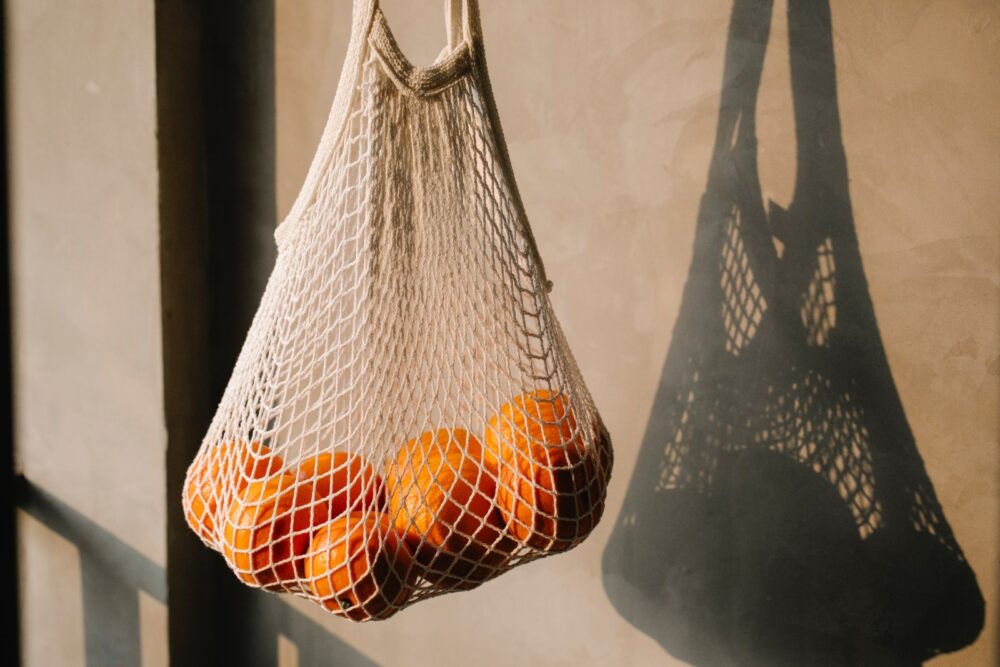
Take lightweight reusable grocery and produce bags with you whenever you go to the supermarket. If your groceries are being delivered, request boxes, paper bags or reusable bags instead of plastic.
In Israel, currently all big businesses charge 10 agorot (1/10 of a shekel) for every plastic bag a customer uses, thus encouraging customers to bring their own reusable bags. Adam Teva V’Din is seeking to amend this law so that businesses of any size will charge for plastic bags.
-
Don’t be fooled by paper party goods

“Very often people think single-use paper or bamboo is better than single-use plastic, but anything that is single use is bad for us and the environment,” says Smith-Savaya.
“A paper cup, for instance, is heavier than a plastic cup, so there is more energy that goes into making and transporting it. And paper goods often have a thin layer of plastic on top so you’re not escaping the plastic entirely.”
-
Buy bigger packages
“So much of what we buy is packaged in plastic,” she notes. “If you want a particular snack, buy the biggest bag you can find as opposed to small individual bags. The bigger you buy, the less wrapping you waste.”
-
Brush with bamboo

Instead of throwing out your plastic toothbrush every few months, get a bamboo toothbrush and compost it when it’s worn out. Several companies offer wood or bamboo toothbrush handles that can be used indefinitely when fitted with a new brush.
-
Take it easy with takeout
Whenever possible, make your restaurant experience an eat-in rather than a takeout affair because takeout usually comes in plastic containers with many throwaway wrappings.
“If you must get takeout, see how to minimize what you get. For example, request no plastic packs of condiments and no plastic cutlery,” Smith-Savaya suggests.
-
Banish that roll of plastic wrap

Clear plastic cling wrap is simply unnecessary, Smith-Savaya says. Use a plate as a cover, purchase reusable bowl covers, or store your leftovers in a lidded container. Some items don’t really need to be covered; you can put half a lemon in the vegetable bin cut side down.
-
Make your own cleaning products
Rather than buying plastic bottles filled with cleaning materials, check YouTube and Google for effective cleaners you can whip up from common ingredients such as vinegar.
“Orange peels and water can create an amazing cut-through grease cleaner for your stovetop,” says Smith-Savaya, “and at the same time you are cutting out packaging and artificial chemicals.”
-
Choose gifts with a green eye
Instead of plastic toys or gift items, choose a gift made of natural materials. Even better, give your recipient an experience – tickets to a show or a massage gift certificate, for example — as opposed to a piece of plastic or something wrapped in plastic.
-
Patronize thrift shops and lending libraries
The less new stuff you buy the less plastic you’ll be throwing away. Look for clothing and household items in secondhand stores and when you need a power tool, see if your community has a tool lending library. You’ll save money as well as the environment.
-
Pack your lunch in a reusable container
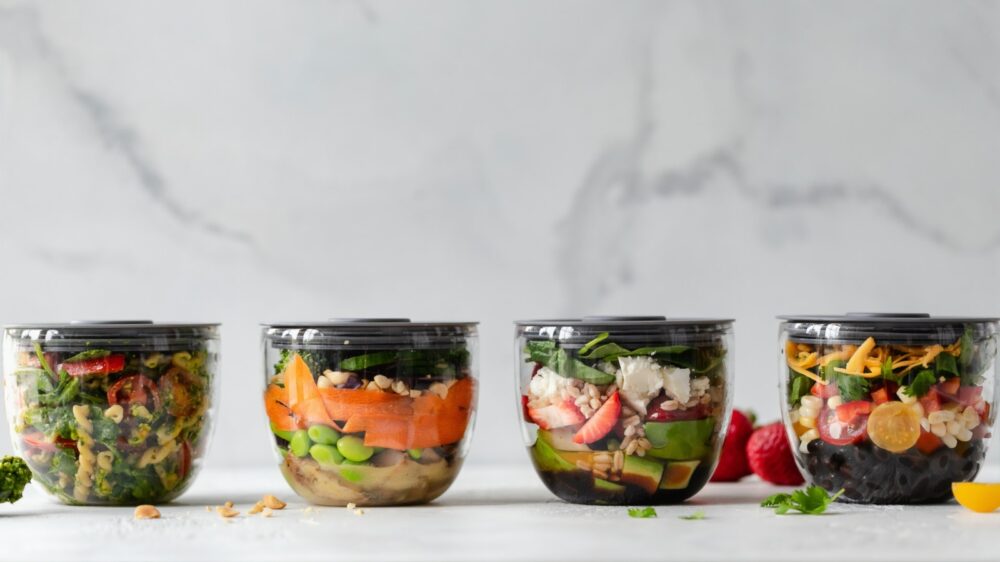
Brown-bagging it to school or work? No need to pack every item in a plastic baggie or cling wrap if you invest in a multi-use lunchbox with separate compartments for different foods. Some of these boxes are insulated to keep cold and hot items at the right temperature.
Ideally, choose an eco-friendly material. But even if your lunchbox is made of plastic, it’s not going to be a landfill problem if you use it over and over.
For additional tips, follow Adam Teva V’Din on Instagram or Facebook.















